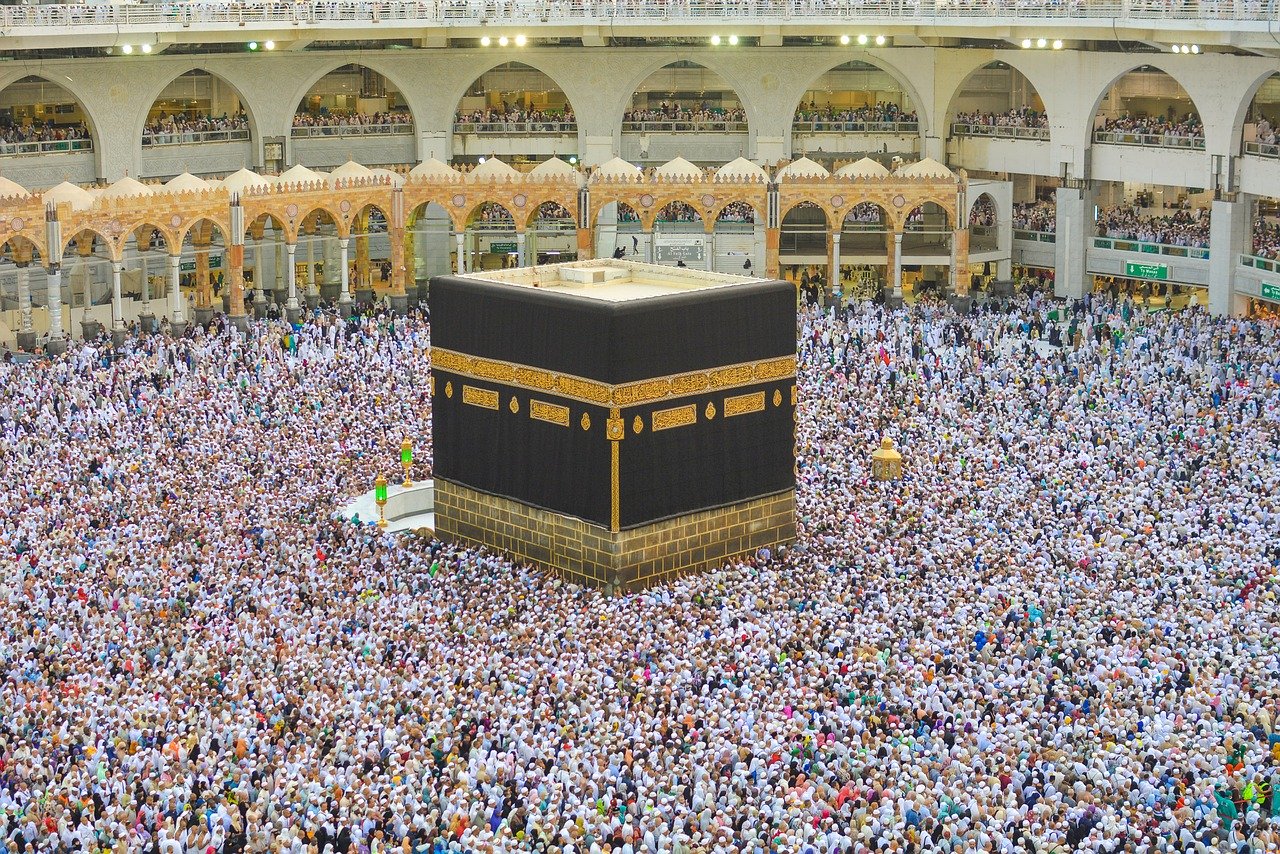【Report】The fifth session of the Global Studies Seminar series “Challenges in Global Studies” “Islam in the Age of Globalization”

Speaker:
IKEUCHI Satoshi (Research Center for Advanced Science and Technology, the University of Tokyo)
Discussant:
TANABE Akio(Department of Interdisciplinary Cultural Studies, the Graduate School of Arts and Sciences)
DATE Kiyonobu(Department of Area Studies, the Graduate School of Arts and Sciences)
KOKUBUN Koichiro(Department of Interdisciplinary Cultural Studies, the Graduate School of Arts and Sciences)
To learn more about the Global Studies Seminar series “Challenges in Global Studies,” click here.
【Report】
The fifth session of the Global Studies Seminar series “Challenges in Global Studies” took place on Tuesday, September 29th, 2020. Professor Satoshi Ikeuchi (Research Center for Advanced Science and Technology, the University of Tokyo) gave a lecture titled “Islam in the Age of Globalization.” Ikeuchi described “Global Studies” as the study of global relations from a perspective that is firmly rooted in Area Studies, showing how Middle Eastern Studies helps us effectively illuminate the global relations surrounding “Islam.”
Ikeuchi began by pointing out that the term “Middle East” was an invention of the early twentieth century, while the area itself has a history of thousands of years. He then touched upon both the possibilities and limitations of studying this area from Japan, a country that is geographically distant from the complex politics surrounding the Middle East.
Ikeuchi then suggested that we unpack and articulate “Islam,” the transcendent and the most important universal thought governing the Middle East. He described its uniqueness as lying in the firm adherence to the Islamic holy books as well as the application of the Sharia laws to present-day political power dynamics. In the holy books written in Standard Arabic, Muhammad’s revelation is depicted as a historical fact, and the Sharia laws as well as the institutions sustaining them are inherited in the present time. In other words, Islam is the “oldest new religion,” while it is also the “newest world religion” due to its lasting actuality through the universalization of its teachings.
What then makes possible such a continuous succession of a belief and its doctrines? Ikeuchi attributes this to the “Ummah,” the sense of political community shared by the Muslims. The “Ummah” rests upon the collective consciousness of individuals, connected by the supporting media. Ikeuchi analyzed how the “Ummah” is now emerging as a counterforce globalism against the globalization led by the West, the expansion of which can be seen in the rising intensity of the Jihadi thought. At the same time, Ikeuchi added, Islam, by effectively resisting secularization and maintaining the principles of the Sharia laws until today, creates a space for the recurrence of medieval questions.
Dr. Koichiro Kokubun asked for further explication on the political implications underlying the discipline of Meddle Eastern Studies in post-war Japan. Dr. Kiyonobu Date asked about the significance of Ikeuchi, as a scholar based in Japan, publishing his research in Arabic, and how the West is perceived in the context of Islamic globalization. Ikeuchi replied, first, that until a certain point Middle Eastern Studies in Japan was led by leftist critics in the broader discourse of critiquing Orientalism, and second, that he has sensed a “gradual” shift taking place in the discourse unfolding in the Middle East as a result of his writing articles in Arabic. He also mentioned that the global media has played a significant role in reproducing a sense of belonging to the Ummah in the West as well. Professor Akio Tanabe commented on this saying that Islam is only one way of conceiving one’s way of life in relationship to God, and that we should be cautious not to excessively place the Islamic question in relation to the West.
These were followed by further questions from the audience. Beginning from the fundamental question concerning what Islam is, and shedding light on its relevance in contemporary politics, the lecture allowed us to engage in thought-provoking discussions, illuminating the growing potential of “global studies.”
【YAMAZAKI Kaori(Graduate Student at the Graduate School of Arts and Sciences)】
【 translated by ELLIS Naomi (Ph.D. Student at the University of California, Los Angeles)】
